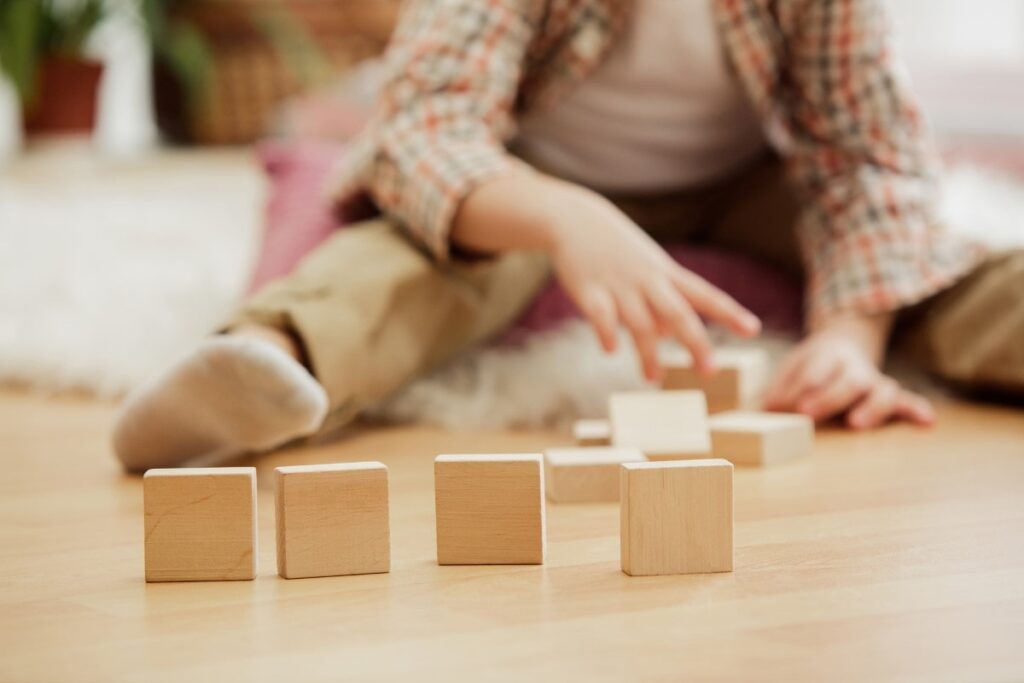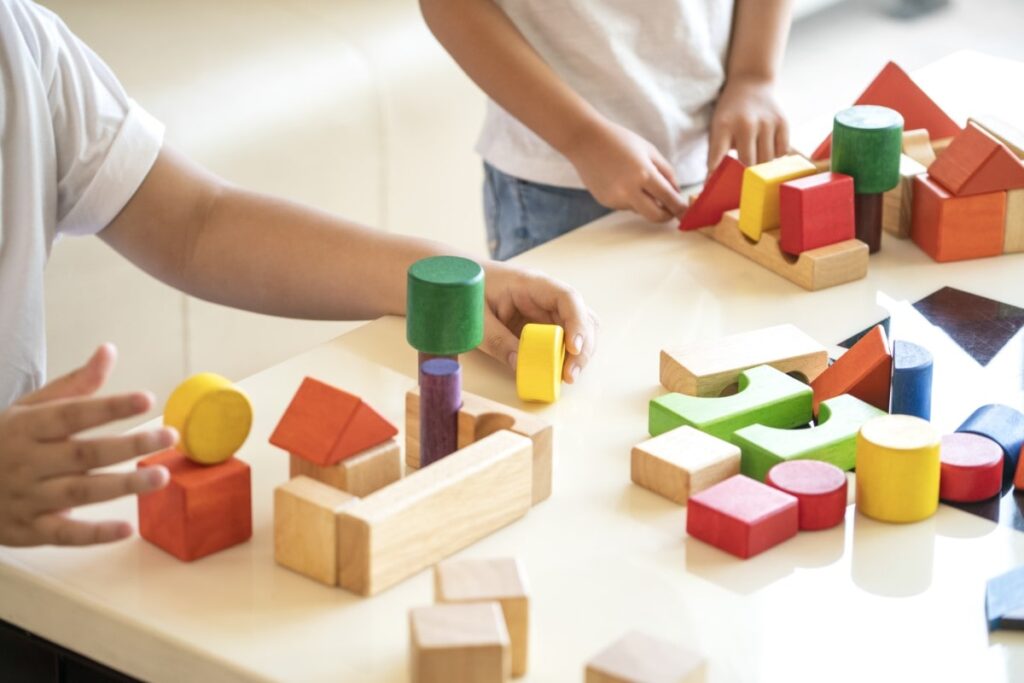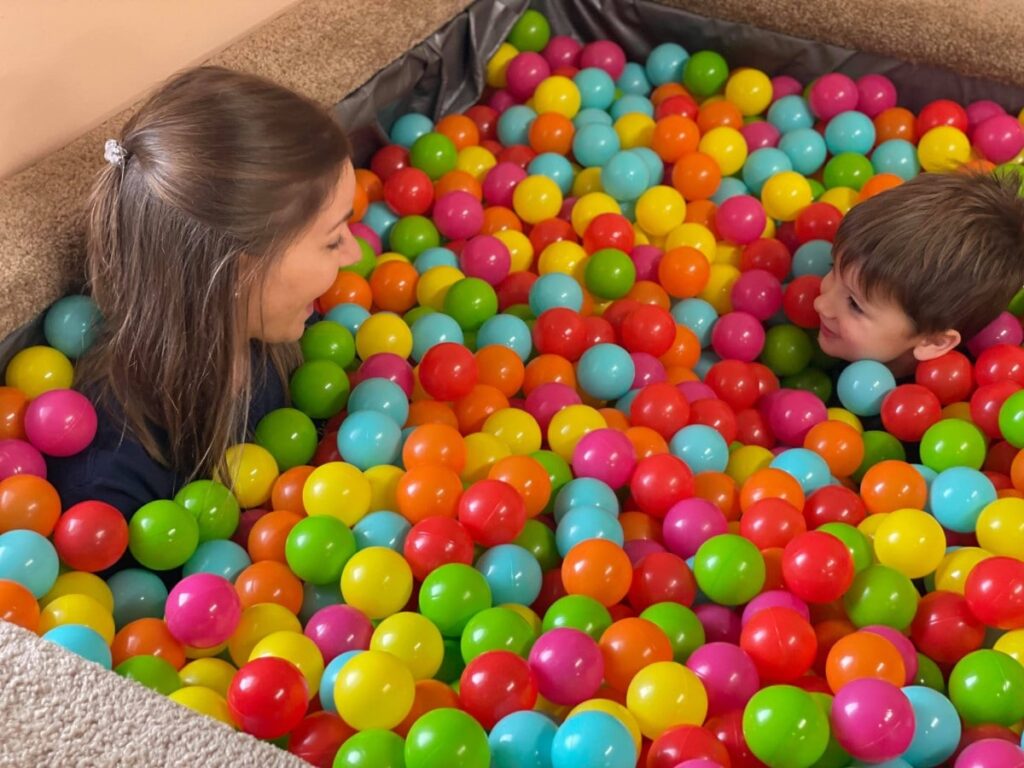Physical Therapy
What is Physical Therapy?
Pediatric physical therapists work with children with a wide range of disorders of the musculoskeletal and neurological systems. We use a variety of techniques designed to make therapy fun and playful to help children reach their highest potential of physical function. Pediatric physical therapy promotes independence in the home, school, and community. An initial evaluation is completed and our therapists use their expertise when developing goals for the child to achieve. Our treatment sessions are geared towards each child’s needs based on their individual evaluation.

Our therapists have worked with children with many diagnoses; Some of the more common include:
• Cerebral Palsy
• Down Syndrome
• Prader-Willi Syndrome
• Spina Bifida
• Hydrocephalus
• Autism
• Muscular Dystrophy
• Toe Walking
• Sports Injuries
• Developmental Delay
• Torticollis
• Erb’s Palsy & other
• Brachial Plexus Injuries
• Neurological dysfunctions
• Genetic Disorders

How Do I Know if My Child Needs Physical Therapy?
The PDFs below can help you determine if your child needs Physical Therapy.
How do I know if my INFANT / TODDLER needs PT?
Download PDF ≫
How do I know if my PRESCHOOL CHILD needs PT?
Download PDF ≫
What Will a Physical Therapist Evaluate?
Based on specific concerns, one or more of the following areas will be assessed:
• Strength
• Endurance
• Coordination
• Joint function and joint range
• Musculoskeletal alignment
• Posture
• Functional mobility and motor skills
(how your child moves, walks, runs)
• Balance
• Motor planning
(how your child can plan and execute motor movements)
• Sensory and neuromotor development
• Proprioception and body awareness
(how your child moves in space and in different environments)
• Motor skill development
• Muscle tone
• Gait pattern
• Equipment needs
What Will My Responsibility Be in the Rehabilitation of My Child?

• I will need to ensure that my child attends each of his / her scheduled treatment sessions. Consistent attendance is necessary for your child’s overall success.
• I will need to complete home program exercises with my child to support therapeutic services and facilitate meeting established goals and objectives.
• It will be important for me to communicate regularly with my child’s therapist to:
• Discuss my child’s performance in various settings
• Describe his/her progress related to therapy goals
• Identify changing needs
• Review/revise his/her plan for care
Why Is “Tummy Time” Important for My Baby?
Being placed on the tummy is important in many ways. It helps develop strength in the muscles of the trunk used for rolling, crawling, sitting and eventually walking. Tummy time also helps strengthen the muscles of the hands and arms used later for fine motor skills (e.g. handwriting, using scissors). Start by placing your baby on their tummy while awake as early as the first month of life. They can lie on your chest facing you while you are sitting on the couch. Progress to putting your baby on the floor with a rolled towel or boppy under their chest, then move on to being placed flat on the belly. Put a mirror or toys in front of them to make it more fun. If your baby fusses at first, don’t be discouraged – try it often for short time periods (e.g. 1-2 minutes every awake hour).
My Child Is Walking On His / Her Toes, How Can Pediatric Physical Therapy Help?
It is not uncommon for toddlers to walk on their toes or on the balls of their feet. It is considered appropriate until the age of two, but if your child continues to toe walk beyond this point, it is important to have him/her evaluated by a physical therapist.
Toe walking can be caused by a number of factors: musculoskeletal, neurological involvement, or sensory integration disorder. If your child is toe walking, please seek professional help early to determine the cause and appropriate treatment. Toe walking is an abnormal gait pattern that, if untreated, can cause joint contractures at the ankles, impaired function, joint pain, arthritis, knee instability, increased frequency of injury, difficulty with shoe fitting, and increased muscle fatigue.
Pediatric physical therapy can help improve a child’s ability to walk and also decrease the need for other, more invasive treatment techniques.
Get in Touch
For more information about any of our groups or programs please contact us at: 985.876.0083 (Houma LA) or 985.449.0944 (Thibodaux LA).